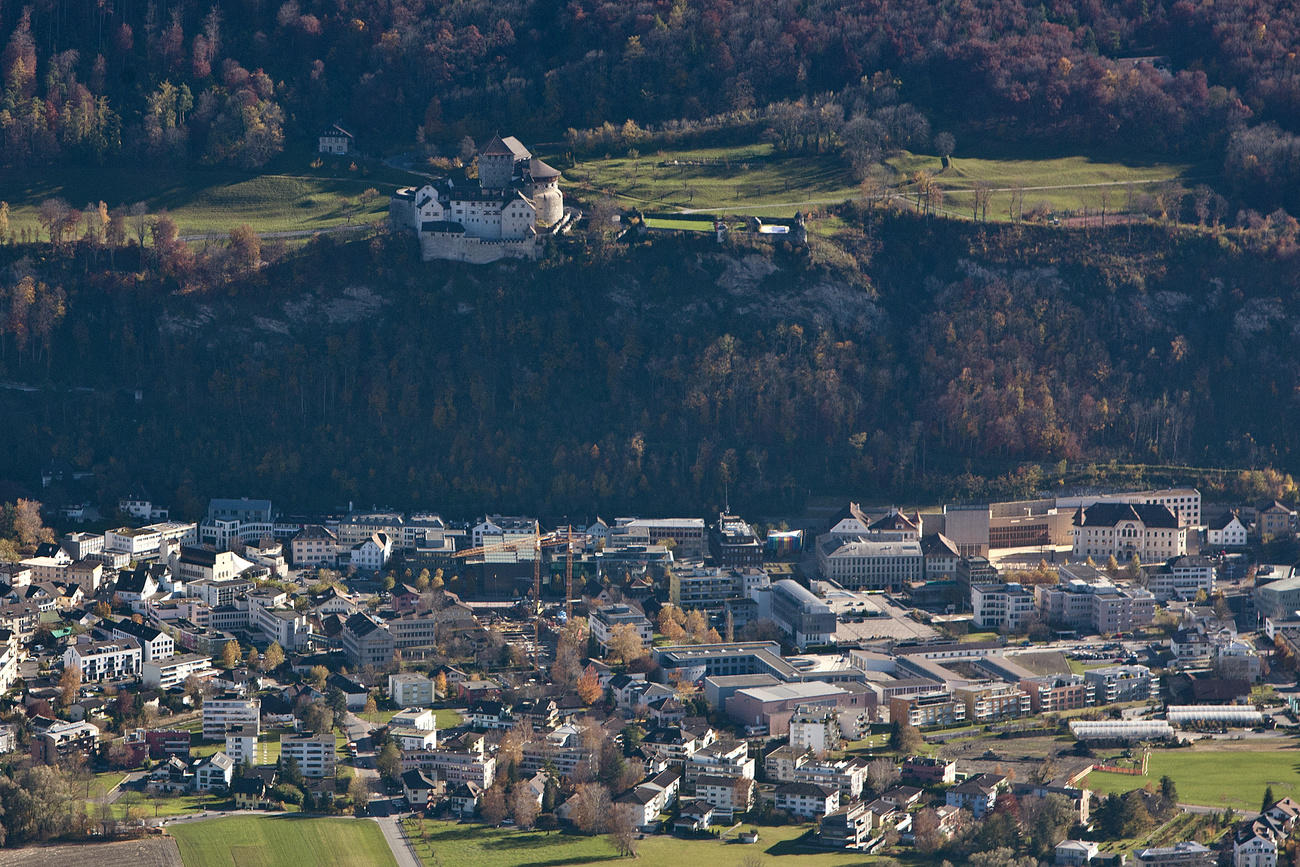
Liechtenstein rolls out radical Covid-19 bracelet programme

The principality of Liechtenstein is piloting a programme to fit its citizens with biometric bracelets in a radical new drive to track the emergence of potential cases of Covid-19 in real time.
On Thursday, one in 20 Liechtensteiners will be offered the bracelets, which will send data on vital bodily metrics including skin temperature, breathing rate and heart rate back to a Swiss laboratory for analysis.

In a second phase, which will begin in the autumn, bracelets will be offered to the whole population, Liechtenstein’s minister for social affairs, Mauro Pedrazzini, told the Financial Times.
Though the bracelet scheme is limited in scale to the 38,000 people who claim citizenship of Liechtenstein, it marks a significant departure from existing global efforts to trace the spread of the disease.
It is also likely to add to growing controversy in the west over the ethical boundaries between public health and personal data, as governments race to arm themselves with information on the health of their populations.
“This is science, and there is no guarantee [the theory] will work, but it is probable that it could work very well,” said Mr Pedrazzini. “What we and other governments need are early warning systems to deal with this crisis.”

More
Coronavirus: the situation in Switzerland
80 Covid-19 cases
The ultra-wealthy alpine statelet has so far recorded just 80 cases of the novel coronavirus, but its government has aggressively instituted preventive measures to pre-empt future infections and test its population.
All front-line workers in Liechtenstein who come into contact with vulnerable and high-risk people are to receive weekly coronavirus tests, while this week equipment was installed to monitor the country’s entire sewage output for coronavirus signifiers, in order to alert authorities to the presence of infected persons within the country’s borders.
Liechtenstein’s public health authorities anticipate a second wave of infections this autumn, said Mr Pedrazzini. They hope that data collected from the first tranche of 2,000 bracelets in the coming months will enable them to calibrate algorithms to detect the exact pattern of subtle changes in individuals’ physiology that will identify likely cases of Covid-19, even before symptoms might manifest themselves.
A second, wider national rollout of bracelets would then allow individuals in the principality to be rapidly contacted, tested and — if confirmed as infected — isolated and treated in a highly targeted manner.
Any measures that help to rapidly diagnose and trace future coronavirus cases will be essential tools in allowing governments across the world to balance public health with the urgent need to restart economies in the coming months, said Mr Pedrazzini.
Swiss lab
The project was the creation of Lorenz Risch, president of Switzerland’s Dr Risch Laboratories, which is already conducting a longitudinal clinical study of 2,000 people in Liechtenstein.
The bracelets for the project will be supplied by Ava, a Swiss medical technology company which currently sells them internationally as an aid for women to accurately monitor their fertility cycles.
The costs of the project will be underwritten directly by the princely house of Liechtenstein.
Mr Pedrazzini said the Liechtenstein government was committed to protecting the data privacy of participants in the initial study, which has been given an ethical audit by Swiss health authorities, and the subsequent rollout to the broader population of the principality.
“People will have to declare their willingness to give up this data,” he said, which would only be used for narrow purposes to combat the coronavirus epidemic.
Copyright The Financial Times Limited 2020

In compliance with the JTI standards
More: SWI swissinfo.ch certified by the Journalism Trust Initiative


























You can find an overview of ongoing debates with our journalists here . Please join us!
If you want to start a conversation about a topic raised in this article or want to report factual errors, email us at english@swissinfo.ch.